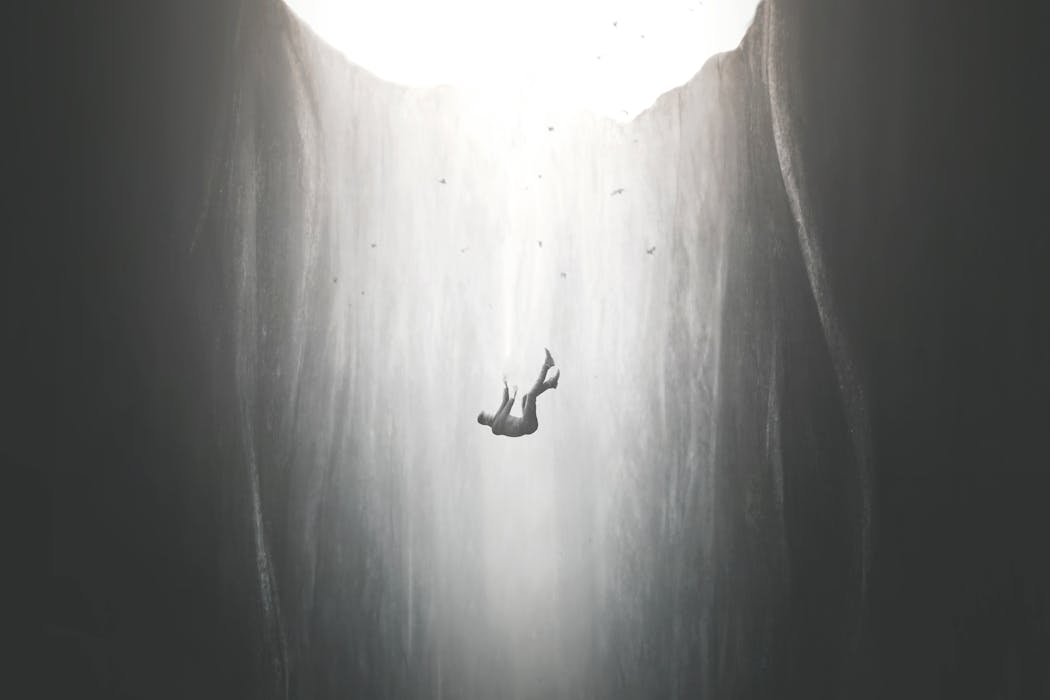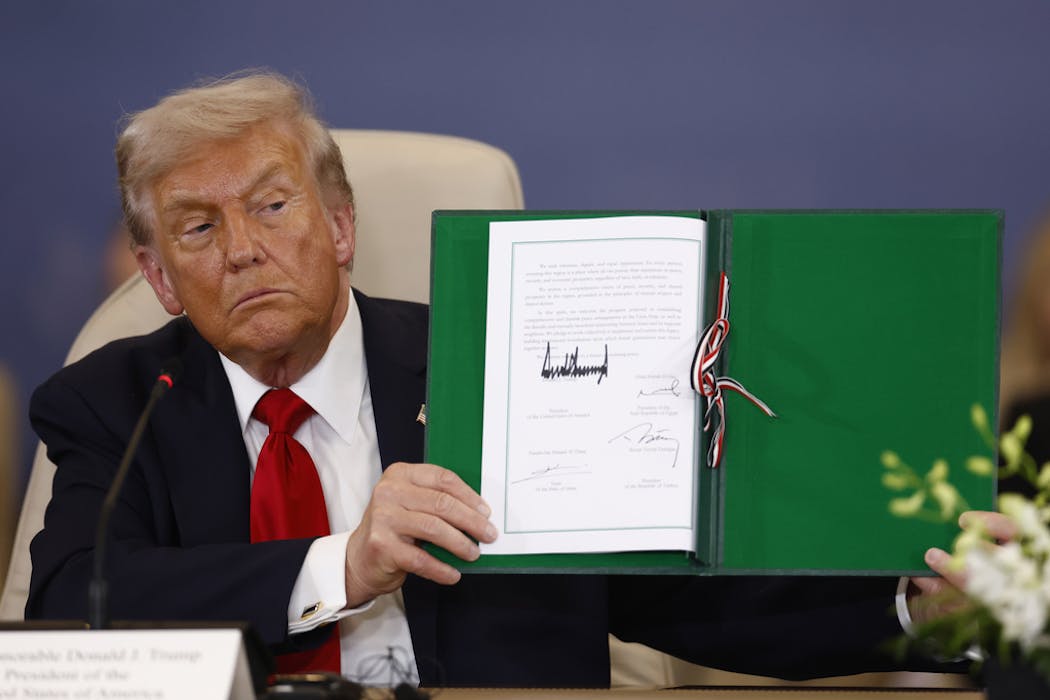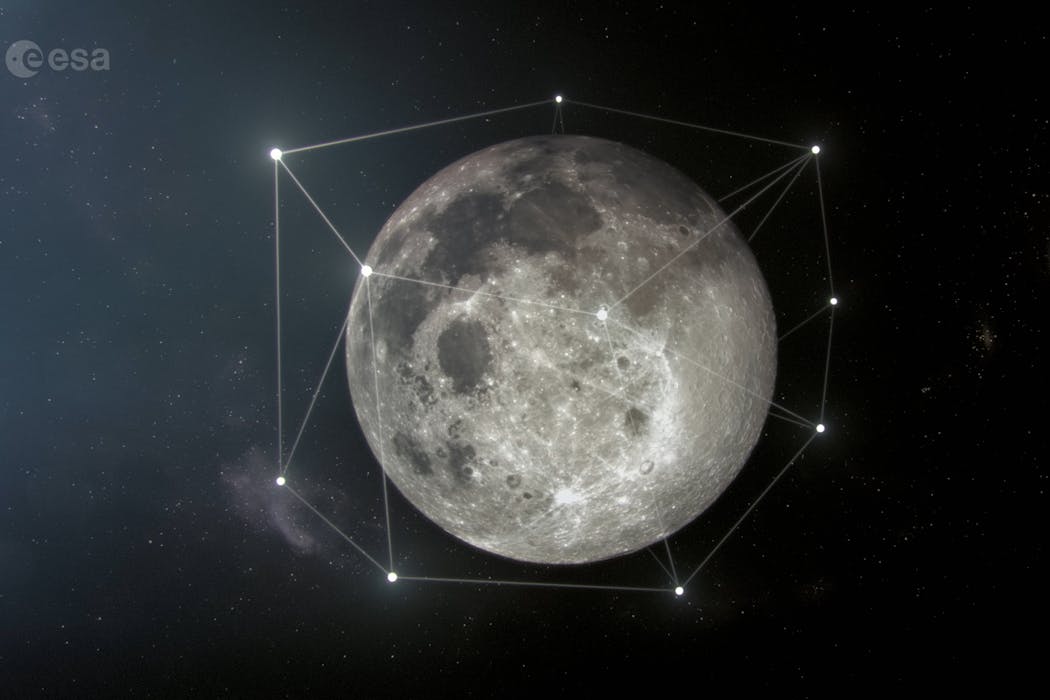‘Night of the Living Dead’ helped me process the Tree of Life massacre and other real-world horrors
- Written by Adam Lowenstein, Professor of Film and Media Studies, University of Pittsburgh
 Horror teaches us that we are the zombies. Pictorial Parade via Getty Images
Horror teaches us that we are the zombies. Pictorial Parade via Getty ImagesThe Halloween season has always been special for me. It’s the time when it seems the entire country shares the fascination with the dark side of human experience that has inspired me from my youth as a fan of horror movies to my current career as a professor of...









